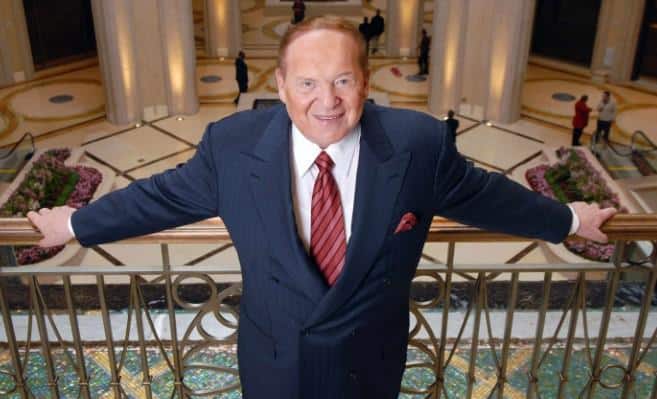
Sheldon Adelson:
Sheldon Adelson, a name synonymous with innovation, business acumen, and philanthropy, served as the chairman and CEO of the Las Vegas Sands corporation. His remarkable journey from humble beginnings to becoming a billionaire entrepreneur reflects his unwavering belief in doing things differently to achieve success.
Entrepreneurial Philosophy:
Adelson’s core belief centers around the notion that true entrepreneurial success lies in challenging the status quo. He emphasizes the importance of being a risk-taker, asserting that steering away from conventional paths is the key to getting ahead in the business world.
Business Leadership:
For Adelson, being an entrepreneur doesn’t necessitate expertise in a specific industry; rather, it demands a profound understanding of how to run a business. He views each project as the realization of a dream or vision, highlighting the significance of creative thinking and visionary leadership.
Overcoming Adversity:
Adversity, according to Adelson, serves as the catalyst for invention. Born into underprivileged circumstances, he faced barriers in entering mainstream business, encountering skepticism from established figures. Undeterred, he found innovative ways to break through these barriers, ultimately reshaping the landscape of the casino industry.
Values and Integrity:
Adelson’s values are rooted in honesty and integrity. Rejecting falsehoods, he states, “I couldn’t be a liar; I can only tell the truth.” His father, despite leaving no material inheritance, enriched him with invaluable values, making him as rich as possible in character.
Philanthropy as an Honor:
While acknowledging that philanthropy is not the primary responsibility of a business, Adelson views it as an honor. He extends his commitment beyond mere obligation, recognizing philanthropy as a noble pursuit that contributes positively to society.
Legacy of Dreams:
Adelson’s visionary dreams materialized in iconic projects like the Venetian in Las Vegas and the transformation of the Macau strip. A true American business magnate, investor, and philanthropist, he embarked on his entrepreneurial journey at the young age of 12 and amassed an estimated fortune of twenty-eight billion dollars.
Championing Differences:
Adelson’s journey is a testament to his resilience against societal norms. Faced with exclusion from traditional business avenues, he championed diversity by charting a distinctive path that set him apart from others.
In retrospect, Sheldon Adelson’s life story portrays a remarkable blend of innovation, determination, and a commitment to philanthropy. His legacy continues to inspire aspiring entrepreneurs and business leaders to embrace uniqueness, navigate challenges, and contribute meaningfully to the world.
Vegas History:
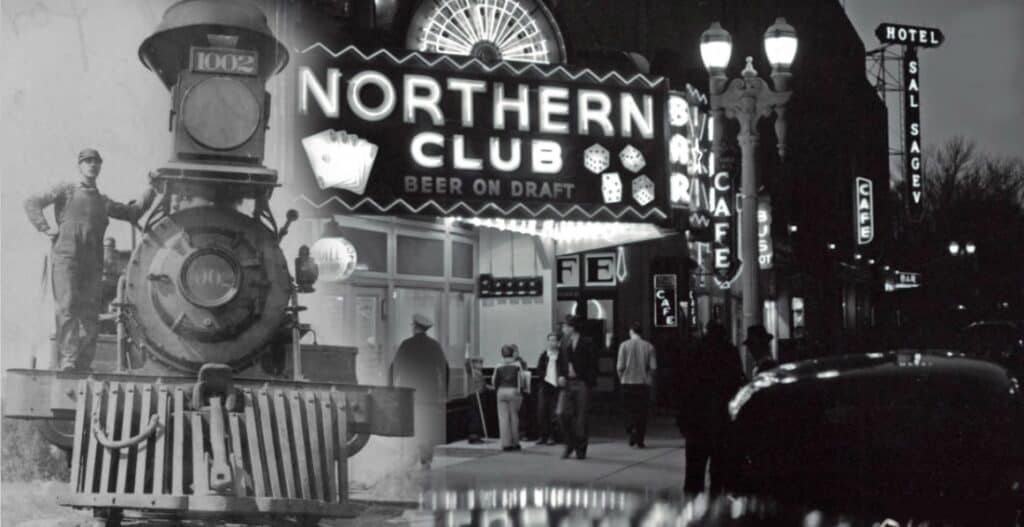
Las Vegas History: Railroad Development Paved the Way for Las Vegas to Become the Gambling Capital of the World
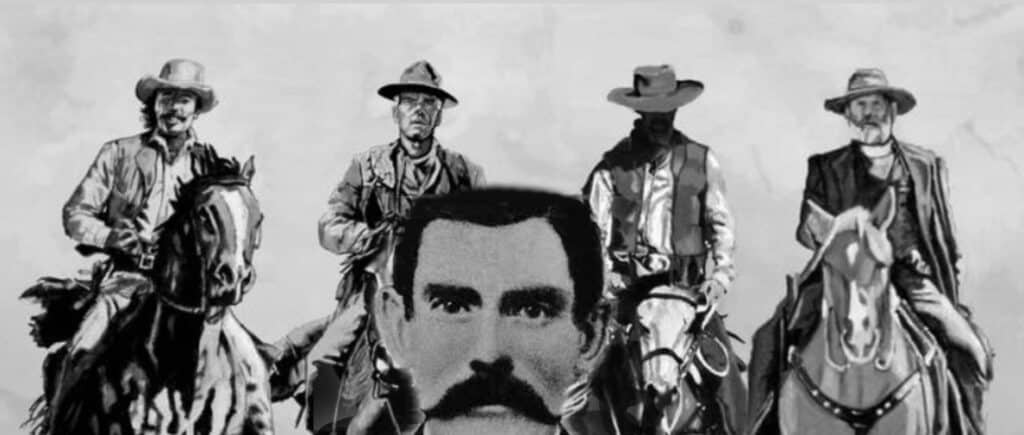
Las Vegas History: Doc Holliday Famous Gambler Gunslinger and Resident of Las Vegas
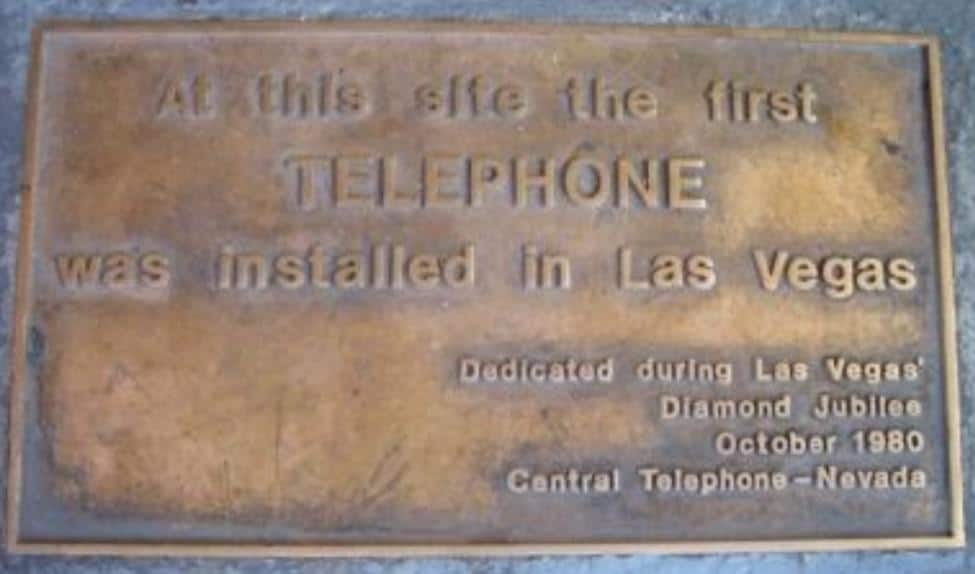
Las Vegas History: How Las Vegas’ First Telephone Exchange Made Bugsy Siegel’s Race Wire Possible

Las Vegas History: The Official Naming of Las Vegas 1905
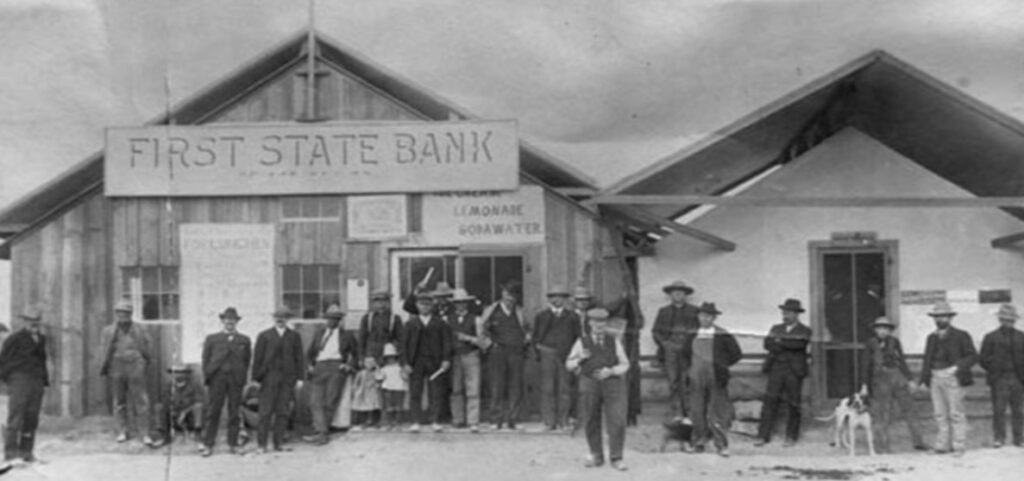
Las Vegas History: 1864 Las Vegas The Impact of Nevada Statehood
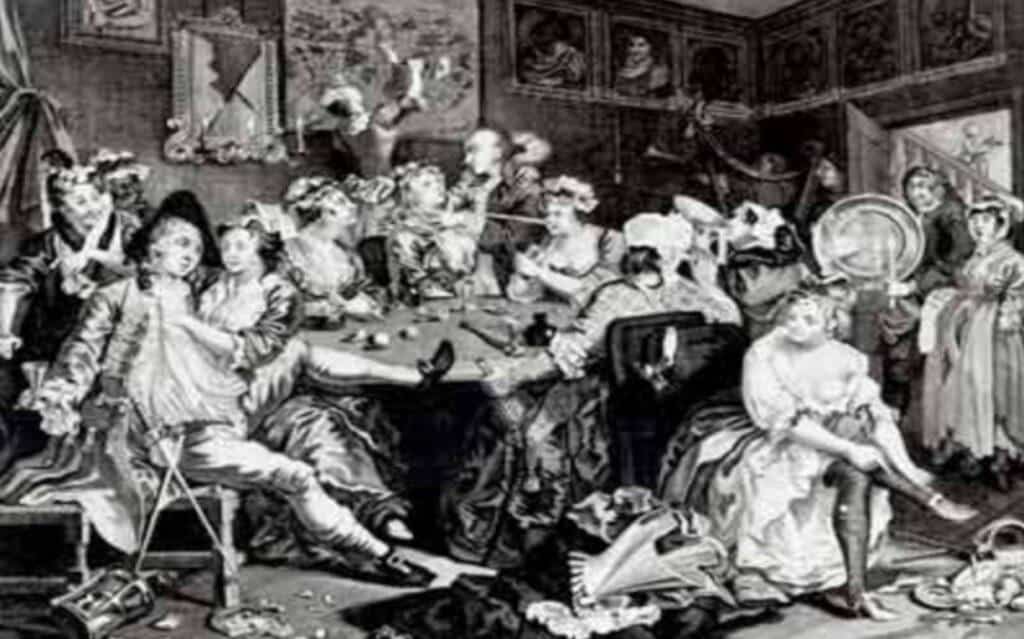
Las Vegas History: Las Vegas and It’s Vices in the 1850s
Frequently Asked Questions (FAQs):
1. Who is Sheldon Adelson?
Sheldon Adelson was a renowned business magnate, investor, and philanthropist, best known as the chairman and CEO of the Las Vegas Sands corporation.
2. What were Adelson’s fundamental beliefs as an entrepreneur?
Adelson believed in challenging the status quo and emphasized the importance of taking risks for entrepreneurial success. He also highlighted the significance of creative thinking and visionary leadership.
3. What projects are associated with Sheldon Adelson’s visionary dreams?
Adelson’s visionary dreams materialized in projects like the iconic Venetian in Las Vegas and the transformation of the Macau strip, showcasing his impact on the casino industry.
4. How did Adelson view the role of an entrepreneur in a specific industry?
Adelson believed that, as an entrepreneur, one doesn’t need to be an expert in a specific industry but must know how to run a business effectively.
5. What values did Sheldon Adelson prioritize in his personal and professional life?
Integrity and honesty were paramount for Adelson. Despite not inheriting material wealth from his father, he considered himself rich in values.
6. How did Adelson overcome adversity in his early life?
Born in underprivileged circumstances, Adelson faced exclusion from traditional business avenues. He overcame these challenges by adopting innovative approaches to enter the business world.
7. What is the significance of philanthropy in Adelson’s philosophy?
Adelson viewed philanthropy not only as a responsibility but as an honor. He considered it a noble pursuit that goes beyond mere obligation and contributes positively to society.
8. What iconic projects in Las Vegas and Macau are linked to Adelson’s legacy?
Adelson’s legacy includes transformative projects like the Venetian in Las Vegas and his instrumental role in developing the Macau strip.
9. How did Adelson become involved in organized crime?
Adelson became involved in organized crime at a young age, being a member of the notorious Murder, Inc. gang and engaging in bootlegging during Prohibition.
10. What is the estimated fortune associated with Sheldon Adelson?
As of June 2015, Sheldon Adelson had an estimated fortune of twenty-eight billion dollars, reflecting his immense success in the business world.





